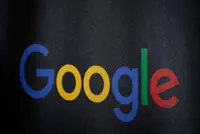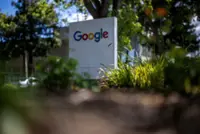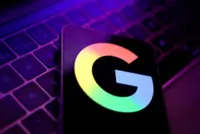By sharing revenue from search with smartphone makers like Samsung Electronics Co and wireless carriers like Verizon Communications Inc, Rosenberg said, Google ensures those companies have resources to promote new Android products and help maintain them, by continuing to offer security updates, for example. — Photo by Denny Müller on Unsplash
Google insists that the billions of dollars in revenue-share payments it makes to smartphone makers and wireless carriers ensures those companies innovate and support the Android software ecosystem, helping it better compete against Apple Inc’s iPhone, according to a company executive.
The competition between Alphabet Inc’s Google and Apple is “as intense as it gets”, said Jamie Rosenberg, testifying in the search giant’s defence Nov 8 during the US Justice Department’s antitrust trial in Washington. Rosenberg, now a part-time employee at the search giant, joined the company in 2010 to focus on Android and the app store Google Play.





